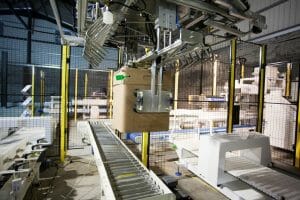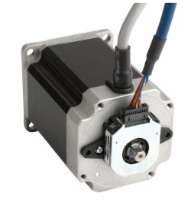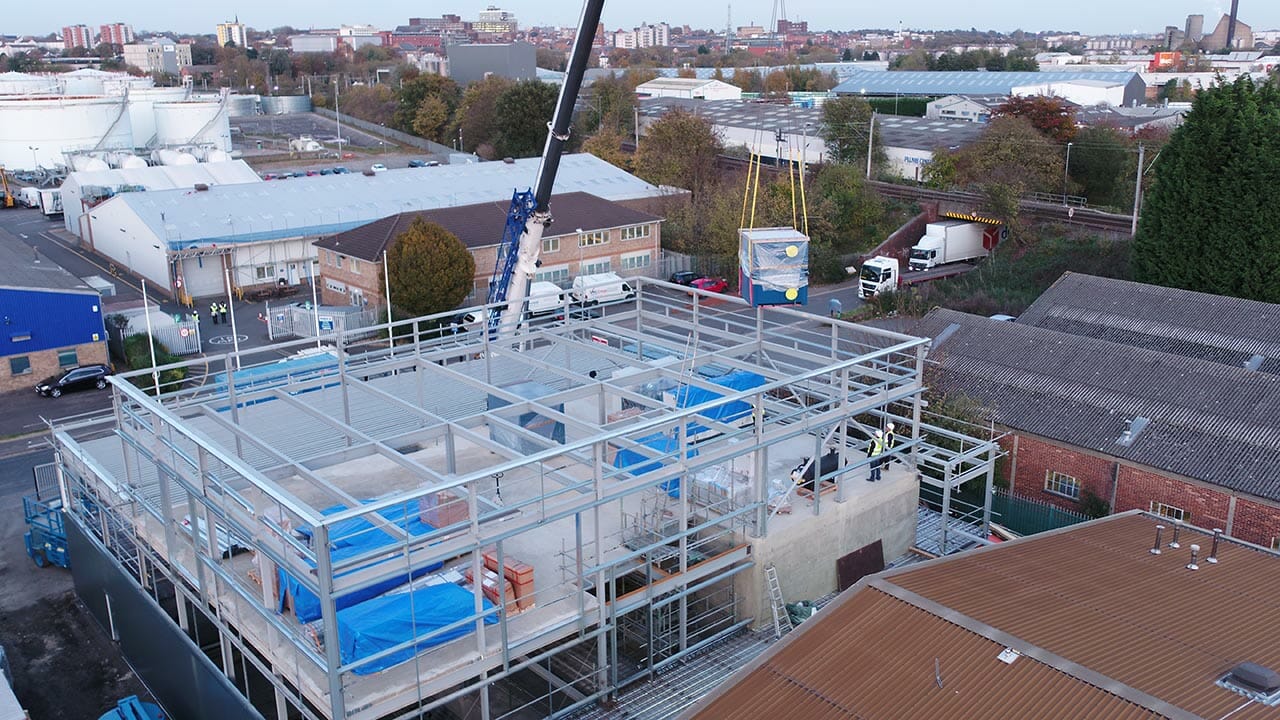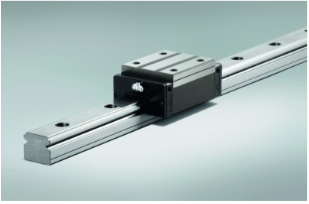In the UK, there are many companies that specialise in automation projects. Some design and provide the technology, components or sub systems – these are usually called OEMs (Original Equipment Manufacturers). Others provide the full turnkey applications. Then there are system integrators – people or companies – that are specialists in crafting solutions, overseeing the engineering of automated systems, ensuring all the elements on a manufacturing and packing line work harmoniously together to optimise productivity, reduce waste and address rising manufacturing labour costs.
With fewer British companies employing skilled in-house engineering experts, many manufacturers value being able to tap into this external assistance. For over four decades, the Pacepacker brand has been recognised as being a specialist in the system integration arena, assisting and educating food factories, packing plants, quarries, farms and pharmaceutical labs on efficient ways to automate palletising, bagging and case loading operations. If you’re taking the leap and appointing a system integrator for the first time, or looking to shift your automation project up a gear, Pacepacker’s Commercial & Information Systems Manager Paul Wilkinson offers a couple of suggestions to de-risk the selection process:
Weigh up their technology and industry skillset
High-level engineering, automation, operational, communication and IT skills are all necessary, but this needs to be balanced with sector specific experience too. There is often tremendous value to be gained from working with companies that have refined their skills by taking on complex and bespoke projects and have a track record of integrating disparate automation platforms. “Robotic devises are common place today and anyone can buy a robot arm,” notes Paul. “Yet, it’s the engineering knowledge and ability to design the best possible solution for each application that give manufacturers a cost-effective, long-lasting, reliable and trouble-free solution.”
To help craft the best solution for customers, Pacepacker offers a well-resourced engineering and project design team, many who have been with the company from its early days. Each person brings to the table a unique combination of engineering expertise and deep sector knowledge, with an adaptive, pragmatic down-to-earth approach. “It might sound obvious, but make sure you select a system integrator you feel comfortable collaborating freely with, that holds regular status meetings and that will advise you on the elements that fall outside of your realm of expertise. Look for a good work ethic and ask about their customer satisfaction record.” Industry awards are a good way to benchmark an integrators’ credibility. Customer testimonials also help to instill confidence.
Keeping up with the technology
The pace of innovation, coupled with customer demand for innovative products, is accelerating. System integrators should have a wide breadth of experience from different industries, enabling them to share best practice from one application to another. Ideally, look for an integrator that will present several automation options for consideration at the early project stages, with different benefits, features and cost implications.
Paul cautions: “A less reputable integrator may recommend overly complex and expensive systems that they want the client to have, not the one that the client actually needs. These may be less flexible in the long run. An emerging requirement is for multi-functional and flexible equipment that can easily be reconfigured to future product cycles. As well as optimising OEE and ROI, much of this equipment is now compatible with future smart factory and Industry 4:0 trends.”
Being able to see examples in operation, either at the integrators’ demonstration facility or at a local customer site, can help in the decision making process. For example, Pacepacker’s Try Before You Buy facility is a popular way for customers to run product trials and see bagging, case loading and palletising systems in action before placing an order.
Examine the partnerships’ track record

Customer demand for fully turnkey automated lines is accelerating, using a specialist system integrator can de-risk the operation.
It’s not how many strategic OEMs and robotic partners a system integrator works with, but the longevity of the relationships. Too few, and the choice of automation options might be limited, yet too many and the beast becomes too big to handle and makes projects harder to manage and ongoing servicing contracts more complex to maintain.
Pacepacker is unashamedly selective about the companies they source materials from. By working with industry leading manufacturers, like FANUC, Festo, UPM Conveyors and Endoline Machinery, they provide the best solution for every job. By choosing British based suppliers also ensures customers have access to local support teams.
Finally, placing an order should just be the start of the integrators support. Educational workshops, open days, regular site visits, etc. are more than just valuable extras, they can help to boost workforce awareness about automation and the productivity benefits that can be realised. Recently, Pacepacker teamed up with Festo to launch a series of half-day automation workshops to smooth the process before and after installation and ensure every line is running at its optimal performance.








